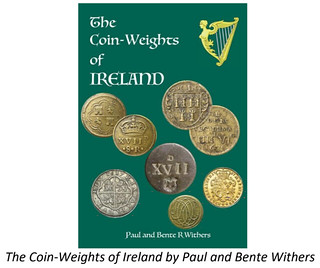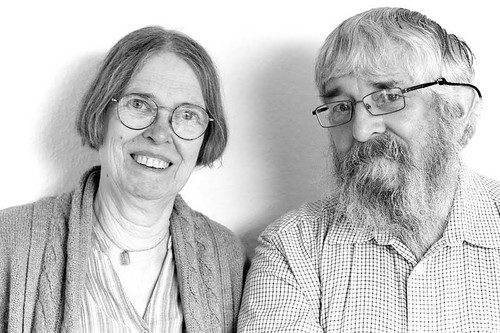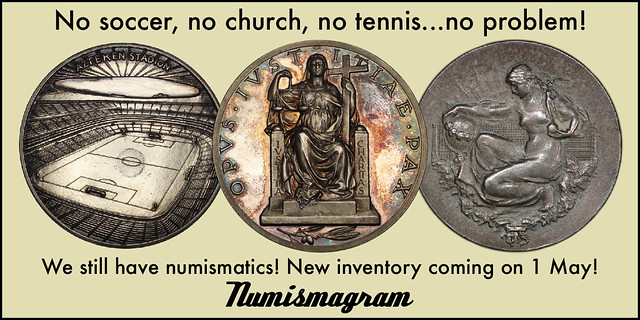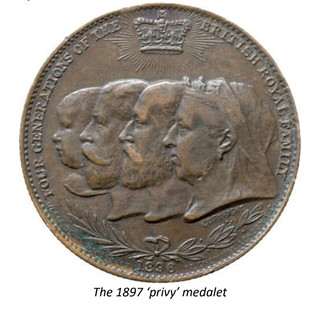
PREV ARTICLE
NEXT ARTICLE
FULL ISSUE
PREV FULL ISSUE
SUBSCRIBER PROFILE: PAUL WITHERSMoney & Medals is a monthly newsletter for numismatics in Britain from the Money and Medals Network based at the British Museum and in association with the Royal Numismatic Society, British Numismatic Society and a number of key partners. The April 2020 issue features three dealers giving "their different perspectives and experiences of the trade, talking about what got them hooked on the subject, and how this has developed over their career." One of them is Paul Withers, who is familiar to E-Sylum readers for the great numismatic books he publishes with his wife Bente. With permission we're republishing the piece here. -Editor Do you believe in predestination? Coins are one of my first memories. I have always loved them. I badgered relatives, and my parents' friends. Cupboards were searched and plundered. I liked my coins shiny, so all were polished and were stored in a tin with jubilee portraits of George V and Queen Mary on the lid. I was, I hasten to add, only four years old, and I don't think I ruined anything of quality. Aged 6, staying with my widowed great aunt Clara, she found an 1897 medalet depicting four monarchs, a real treasure. I couldn't be parted from it. I even took it with me to the outdoor privy. Trying to admire it in the dark and pee at the same time, it fell. Splash! Devastated, sobbing, I fished it out and scrubbed my arm almost raw, and the medal got a special clean with harpic!
What makes a professional numismatist these days? Firstly, you have to keep up to date with modern technology and move with the times, learning new skills when necessary. My wife and I have had a good deal of experience over the past half century, becoming, out of necessity, Jacks and Jills of all trades, from coin photography to specialist, multilingual typesetting, and printing. When the duplicator wore out £25 bought us a small, second-hand offset printing machine. A few years on we had the same electronic type-setting equipment as our local newspaper. There were only four such IBM machines in the entire county of Staffordshire. Then computers arrived. We were the first coin dealer in the UK to use one. We bought a bigger and better machine and began printing sales lists for other dealers, as well as the ONS Newsletter, The Medal, and then, our own books. This involved learning skills such as editing and specialist typesetting. We even contemplated bookbinding!   Being a numismatic publisher is like being a detective who applies the ABC principle. What's that? Assume Nothing. Believe Nothing. Challenge and check everything. Do that well and the book stands a reasonable chance of being good, providing you read and understand the previous literature on the subject. That of course, implies that you have a good library - and we have one of the best in Wales, all thanks to Howard Linecar, and Peter Seaby who encouraged me 45 years ago. Paul and Bente Withers work very hard on their books and the results speak for themselves. We can only wish every numisamtic author had the same principles and relentless pursuit of the truth. It's hard to think of better (or easier to remember) guidelines than ABC. 
Bente and Paul Withers To subscribe to Money & Medals by email just send your name and email address to the editor at MMN@britishmuseum.org. -Editor  Wayne Homren, Editor The Numismatic Bibliomania Society is a non-profit organization promoting numismatic literature. See our web site at coinbooks.org. To submit items for publication in The E-Sylum, write to the Editor at this address: whomren@gmail.com To subscribe go to: https://my.binhost.com/lists/listinfo/esylum All Rights Reserved. NBS Home Page Contact the NBS webmaster 
|

